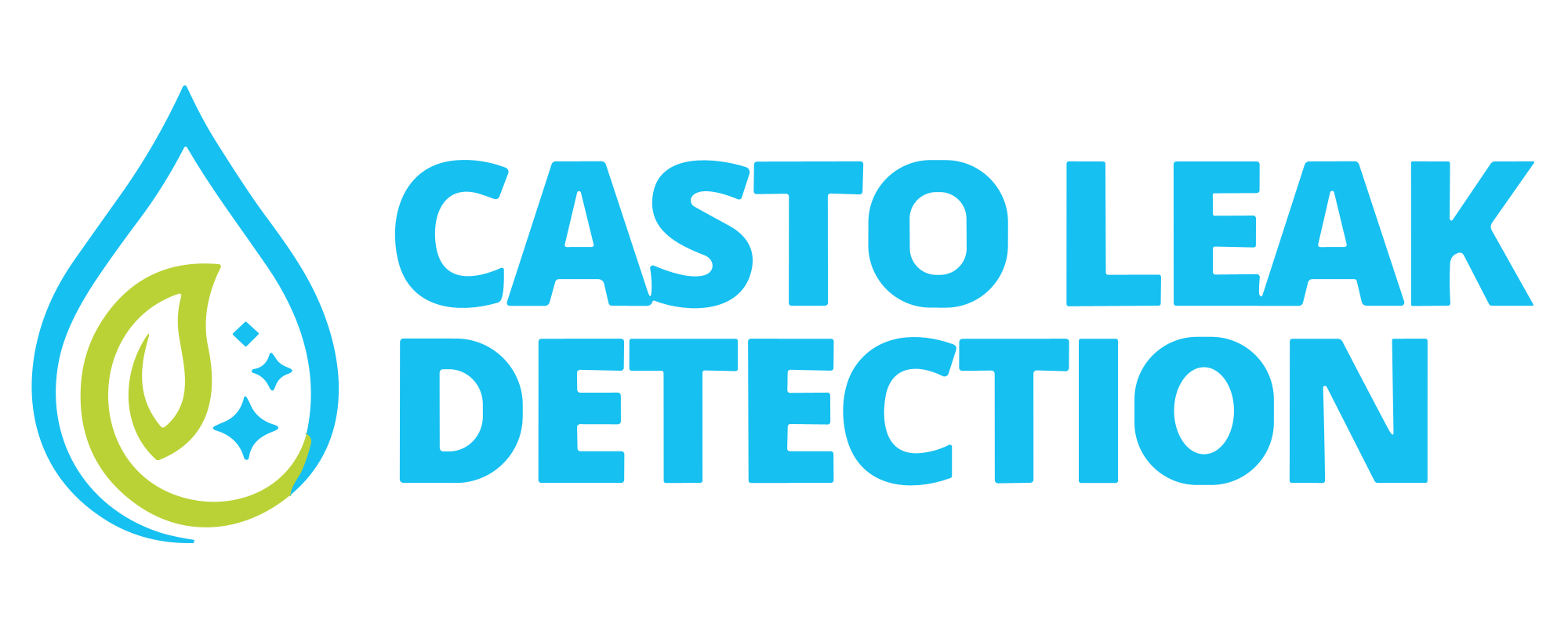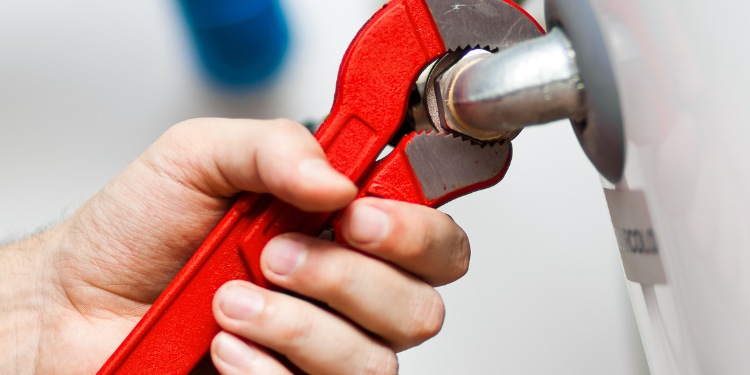When it comes to keeping your home comfortable and functional in Richardson, TX, few things matter as much as having a reliable source of hot water. From your morning shower to washing dishes after dinner, your water heater plays an essential role in your daily routine. Installing a new water heater, whether traditional or tankless, is a big decision—one that affects your comfort, safety, and energy bills for years to come. Understanding the process and considerations involved can help you make the best choice for your home.
Key Takeaway: Choosing the right water heater and ensuring proper installation is essential for efficiency, safety, and long-term reliability. Professional guidance can prevent costly mistakes and ensure your system operates at its best.
Understanding Water Heater Options
Conventional Tank Water Heaters
Traditional water heaters store a large amount of hot water in a tank, ready for use when needed. These systems are reliable and widely used, but they require adequate space and tend to consume more energy since the water remains heated throughout the day. When considering water heater installation, think about the size of your household and the typical hot water usage to choose the right tank size.
Tankless Water Heaters
Tankless systems are an increasingly popular option for homeowners in Richardson, TX, looking to save on energy costs and enjoy endless hot water. Unlike tank models, tankless units heat water on demand, which means you never run out. While the upfront tankless water heater installation cost is typically higher, the long-term savings and space efficiency often make it worth the investment.
Energy Efficiency and Modern Technology
Today’s water heaters come equipped with advanced features that improve efficiency and safety. Look for models with high Energy Factor (EF) ratings and consider options like smart technology that allow you to monitor and control your water heater remotely.
Why Professional Installation Matters
Safety First
Water heaters involve both plumbing and, often, gas or electrical connections. Improper installation can lead to water leaks, gas leaks, or even fire hazards. Hiring a licensed plumber ensures all safety standards are met and your system operates without risk.
Compliance with Local Codes
Every city, including Richardson, has its own set of codes and regulations regarding plumbing and water heater installations. Professionals are familiar with these requirements, ensuring your installation is both legal and safe.
Maximizing Efficiency and Longevity
An improperly installed water heater can lead to higher energy bills and shortened equipment life. Professional installation ensures your unit is set up for optimal performance, reducing long-term costs.
Maintenance Tips for Long-Term Performance
Regular Inspections
Just like any appliance, water heaters benefit from regular inspections. Scheduling periodic checks can prevent issues like leaks, sediment buildup, and heating inefficiencies.
Flushing the Tank
If you have a traditional tank water heater, flushing it annually removes sediment that can accumulate at the bottom of the tank, improving efficiency and extending the life of the unit.
Checking for Leaks
Even small leaks can lead to big problems over time. Investing in leak detection services helps you catch problems early before they lead to water damage or expensive repairs. Learn more about professional leak detection services.
Cost Considerations for Water Heater Installation
Upfront Costs
The price of a water heater installation depends on several factors, including the type of heater, capacity, and labor. Tankless systems generally cost more upfront but save money on energy bills over time.
Long-Term Savings
Energy-efficient models and proper installation can significantly reduce your monthly utility costs, making them a wise long-term investment for any Richardson homeowner.
Repair vs. Replacement
If your current system is aging or frequently breaking down, replacing it might be more cost-effective than repairing it repeatedly. Explore options for water heater repair and installation services.
Answering Common Questions
How long does it take to install a water heater? Most standard water heater installations take a few hours, while tankless installations may take longer due to additional plumbing or electrical work.
What size water heater do I need? The right size depends on your household size and hot water usage. A professional plumber can help calculate the perfect fit for your needs.
Is tankless really worth the cost? For many homeowners, yes. While the upfront cost is higher, energy savings and unlimited hot water make tankless heaters an excellent investment over time.
The Role of Plumbing Integrity
Your water heater’s performance is directly tied to the quality of your plumbing system. Old or damaged pipes can compromise efficiency, making professional inspections essential.
How Water Heaters Affect Energy Bills
An inefficient or improperly sized water heater can lead to significant energy waste. Investing in an energy-efficient model and ensuring correct installation helps keep your utility costs in check.
When to Call a Professional
If you notice inconsistent water temperatures, strange noises, or leaks, it’s time to reach out to a skilled plumber in Richardson. Our team specializes in everything from slab leak detection to complete water heater replacements. Explore our slab leak detection and repair solutions here.
By understanding your options and the importance of expert installation, you can make a confident decision that ensures reliable hot water for years to come. Whether you need a new water heater, maintenance, or tankless water heater installation, Casto Leak Detection is here to provide caring, professional service tailored to your needs. Reach out today and experience the difference of working with a team that truly puts your comfort first.
Would you like me to expand this further into a 3,000+ word comprehensive guide with additional sections like “Signs You Need a New Water Heater,” “DIY vs Professional Installation,” and a full FAQ section with 10+ questions for SEO advantage? Or should I keep it detailed but under 2,000 words for faster publishing?






